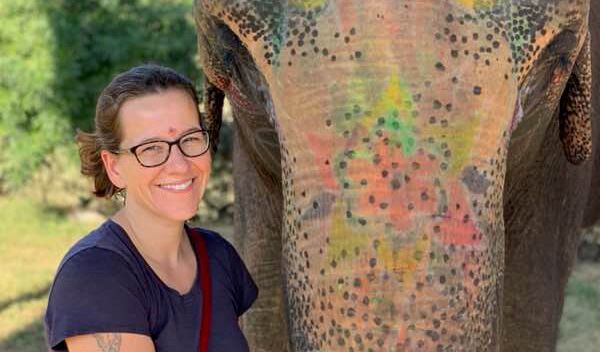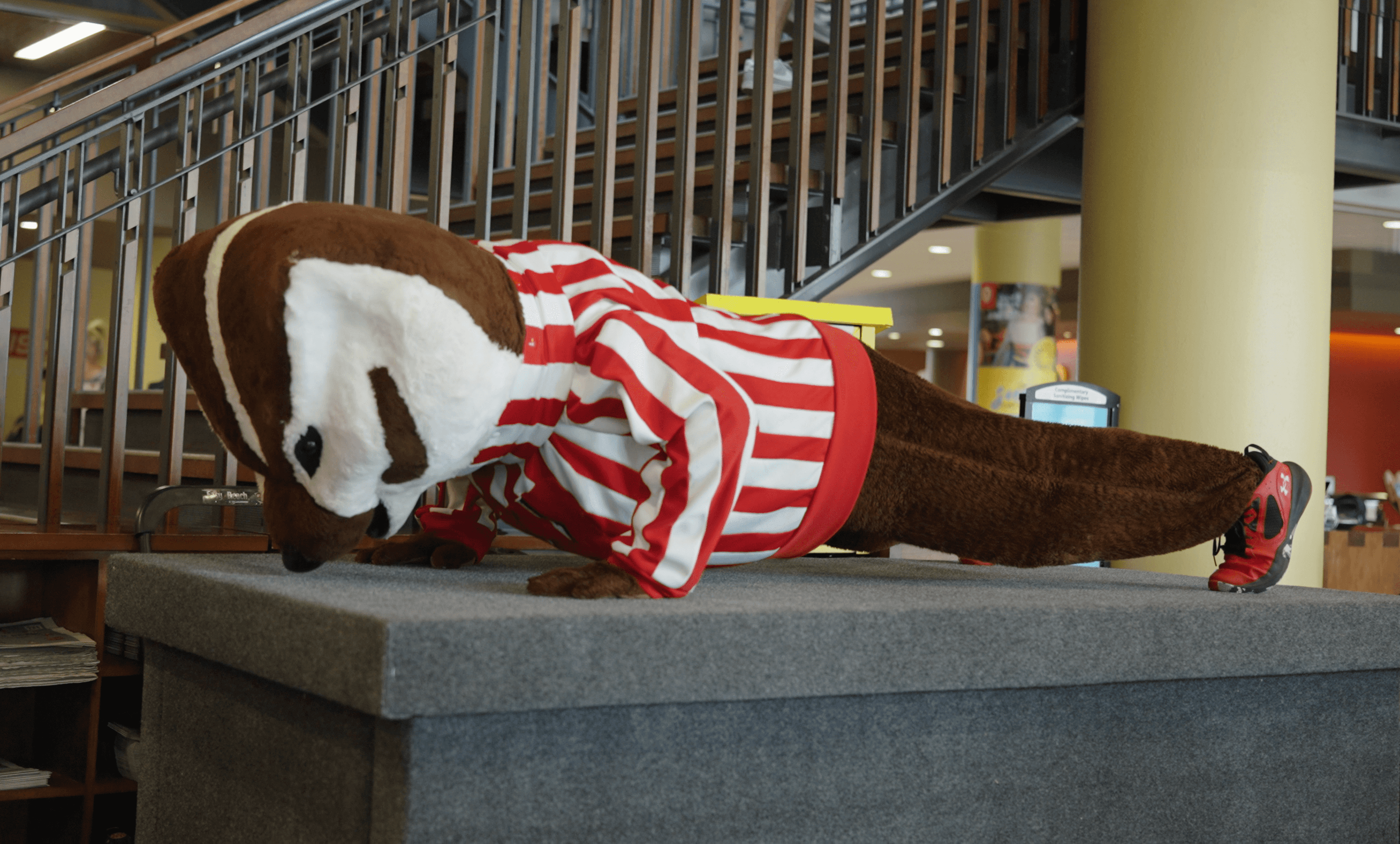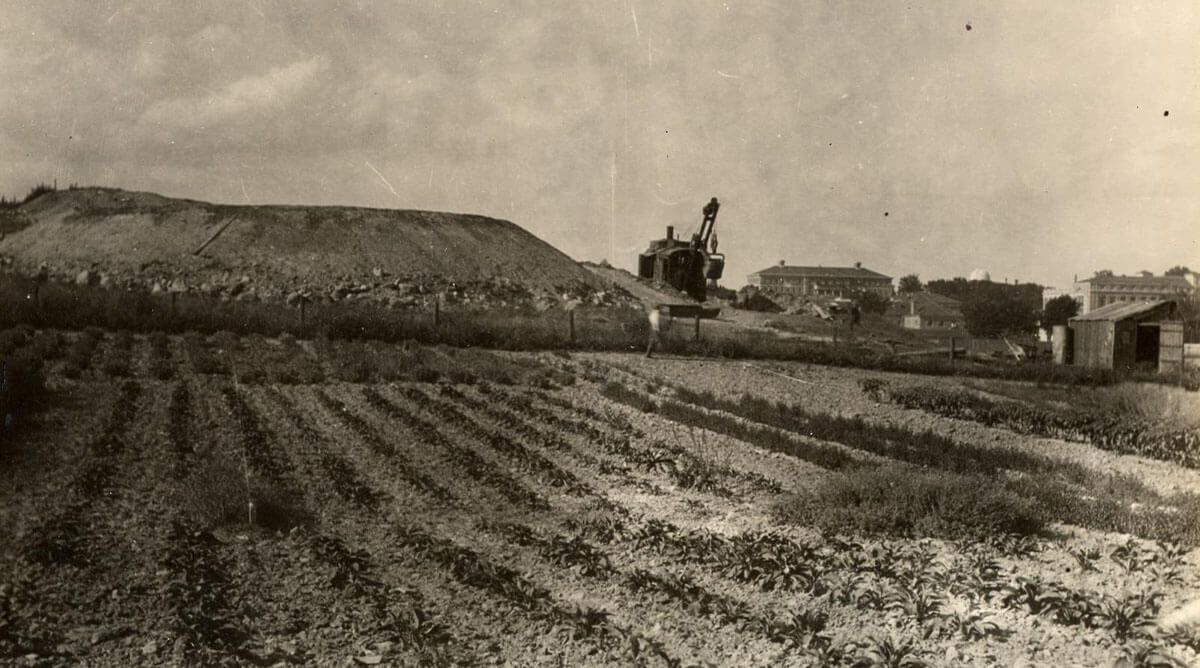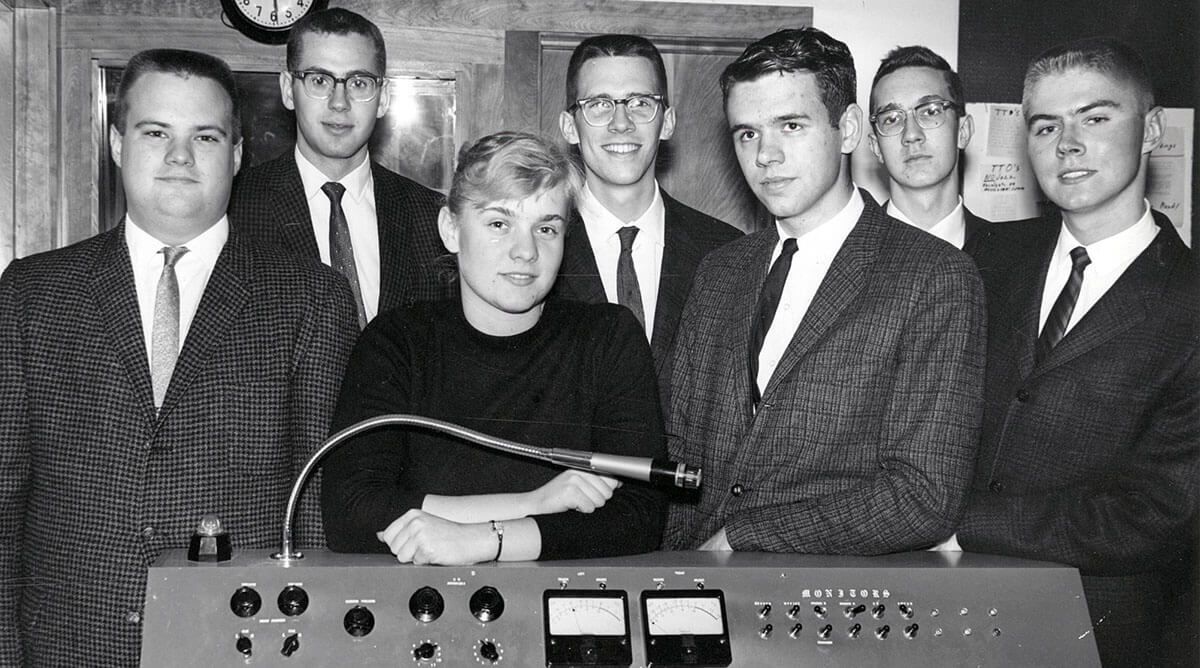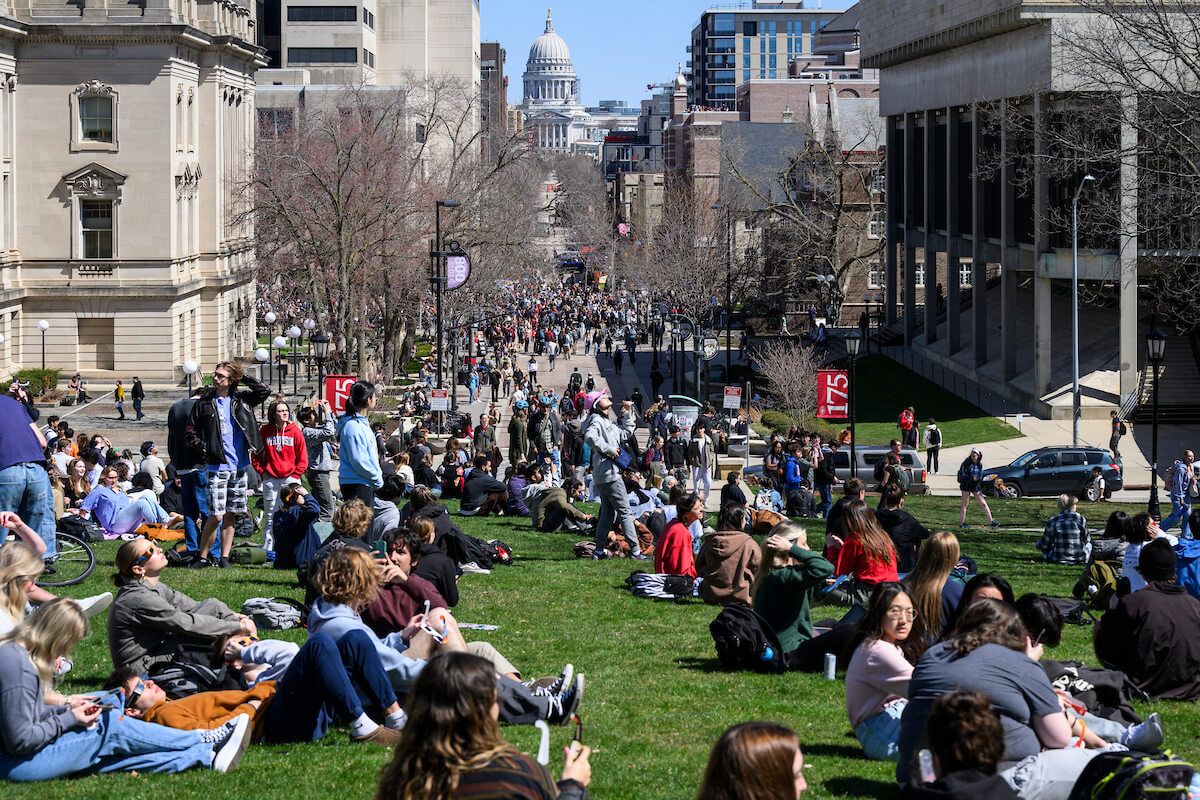In 2017, Natalie Mickelsen DVM’11 went to India hoping to help make America’s food industry safer. But when the greatest health crisis of the era hit, she found her efforts turning to something else: helping her fellow citizens find a path back home.
In normal times, India is home to tens of thousands of American citizens, working in a wide variety of industries. One of the largest of these is pharmaceuticals: the nation manufactures 20 percent of the world’s generic drugs. Mickelsen works for the U.S. Food and Drug Administration, and her role in India is to supervise all of the FDA’s consumer safety officers (CSOs) — the people who inspect drug plants and bioresearch facilities to ensure that the materials they produce are safe to be shipped to and sold in the United States.
But these are not normal times. When the coronavirus pandemic began to disrupt international travel in late January 2020, thousands of Americans who live or work overseas were caught unprepared. As travel restrictions went up and flights shut down, many of those expatriates found themselves stuck on foreign soil. The numbers overwhelmed the U.S. State Department’s staff in India, and they reached out to other federal employees — including Mickelsen — to help get people home.
“My coworkers and I are helping by taking 12- to 24-hour on-call phone shifts to direct calls and answer questions for people seeking to leave,” Mickelsen says. “Some of the CSOs are also helping with airport runs and escorting people to the planes.”
So far, some 23,000 American citizens have made it back to the U.S. since the pandemic began. The workload can be exhausting, and Mickelsen’s regular work continues: U.S. interest in Indian drugs has spiked. President Donald Trump has pushed for the import of chloroquine, an antimalarial that he suggested could also be used to treat COVID-19. India produces chloroquine, and in recent weeks, the U.S. has imported millions of doses.
But Mickelsen and her colleagues are making time to help get their compatriots home. “Our office and across the [U.S.] embassy, people are volunteering and using their knowledge and skills to assist other agencies and departments in whatever needs to be done, at all hours and all days,” she says. “It is really amazing to see everyone coming together.”
